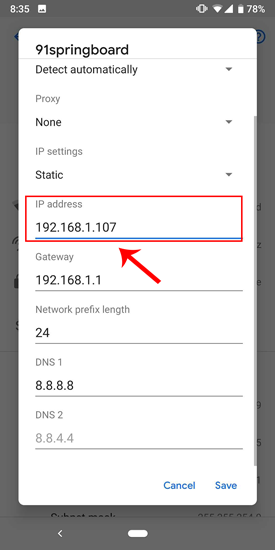

coffee) that is currently in use, you may find a list over these servers on the official IANA webpage. Sometimes people purchase WHOIS Privacy plans from their domain registrar to mask their names from the WHOIS information, if the person that you are trying to find information on has done this, you will usually see a generic “WHOIS PROTECTION LLC” or similar company name as the domain owner.ĭoing a WHOIS lookup on a domain will ask the appropriate WHOIS server for the TLD (top-level domain) that the website is using, what that basically means in layman terms is that there are different servers for every domain ending(.com. If the person you are trying to dox happens to have a website you could try to do a WHOIS lookup on the domain name by using a service such as who.is or any other website out there that provide you with a WHOIS lookup feature (there are a lot of them, even I have created one).Ī WHOIS lookup will return various information about the domain owner like their name, email, phone number and address. However using this information to harass or abuse an individual(that includes celebrities) is against the law and instantly makes you a dickhead, so don’t do it. Legality of Doxingĭoxing may or may not be legal depending on your country and state laws, I am not a lawyer and I simply do not know, I assume no responsibility for the information I am about to share.

I use various doxing techniques to find emails and information about people when I need to contact them about an issue with their website, when they have not provided any means of contacting them through said website. Doxing is a term used for the process of digging up profiles, pictures, addresses, emails and other relevant information from public sources, about an individual when you have very little information to start with, usually just a username or an email address.Īnother word for doxing is Document Tracing and is also sometimes spelled Doxxing.


 0 kommentar(er)
0 kommentar(er)
